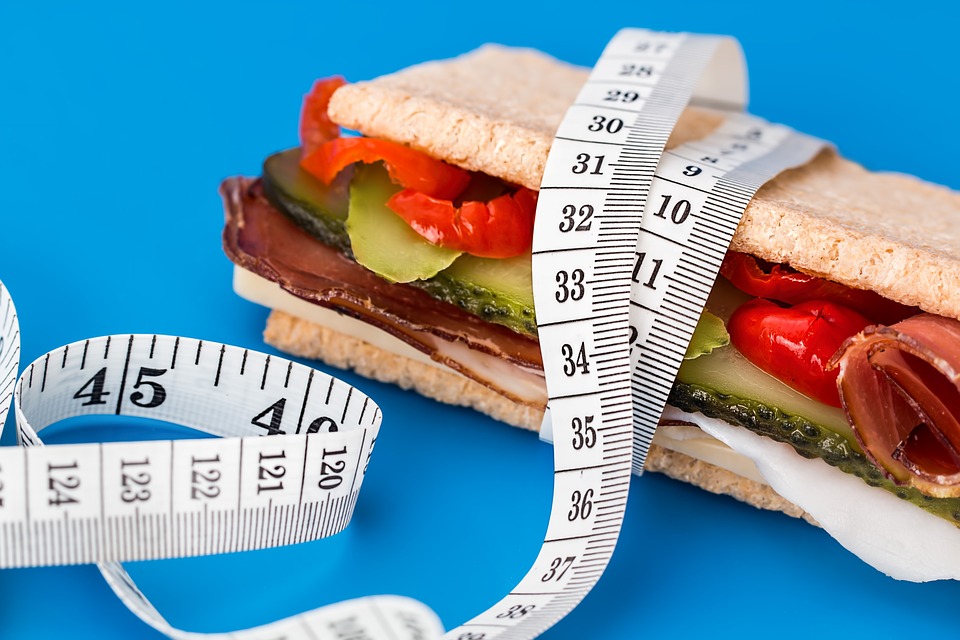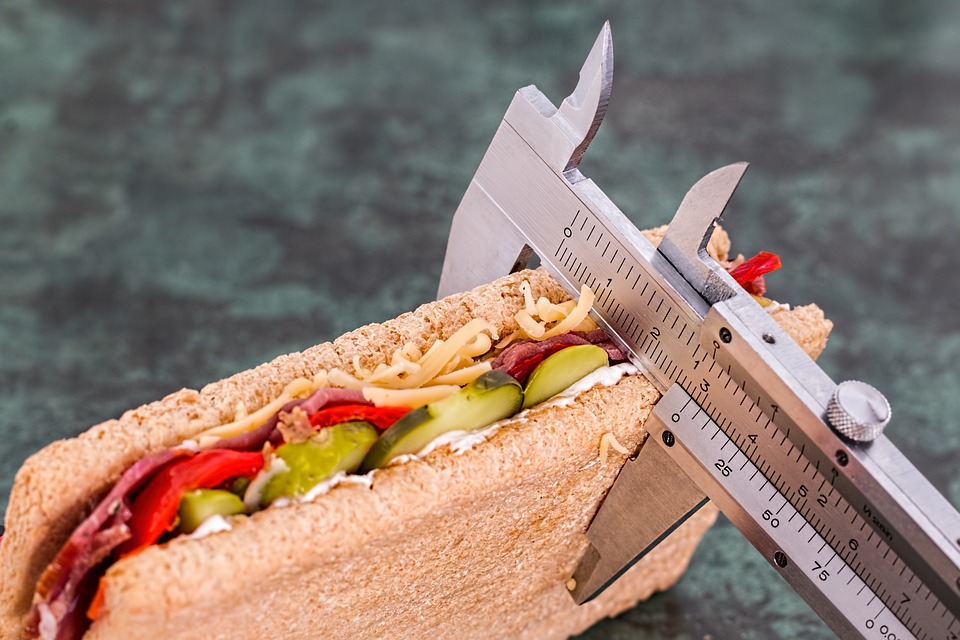The Low Sugar Revolution: How Cutting Back on Sweetness Can Transform Your Health
Sugar has become a pervasive ingredient in the modern diet, leading to a rise in various health problems such as obesity, diabetes, and heart disease. The low sugar revolution is a movement that advocates for reducing sugar consumption to improve overall health and well-being.
Why is Sugar a Problem?
Sugar, particularly in the form of added sugars, offers little to no nutritional value while contributing to excessive calorie intake. Excess sugar consumption has been linked to weight gain, increased risk of chronic diseases, and dental problems. Furthermore, it can lead to energy crashes, mood swings, and addictive behaviors.
When we consume sugar, our bodies quickly break it down into glucose, causing a rapid spike in blood sugar levels. In response, the pancreas releases insulin to help regulate these levels. Over time, this constant cycle can lead to insulin resistance, a precursor to type 2 diabetes.
Additionally, excessive sugar intake can disrupt the balance of gut bacteria, contributing to digestive issues and a weakened immune system. It can also lead to inflammation, which is associated with various chronic conditions, including heart disease and certain cancers.
The Benefits of Cutting Back on Sugar
Reducing sugar intake can have a transformative impact on your health. Here are some of the key benefits:
Weight Management
Excessive sugar consumption is strongly linked to weight gain and obesity. By cutting back on sugar, you can reduce your calorie intake and promote weight loss. Additionally, cutting out sugary beverages can have a significant impact on your daily calorie consumption.
Improved Heart Health
Diets high in added sugars are associated with an increased risk of heart disease. By reducing sugar intake, you can lower blood pressure, improve cholesterol levels, and decrease the risk of heart-related problems.
Better Dental Health
Sugar is a primary contributor to tooth decay and cavities. By reducing sugar consumption, you can protect your teeth and improve your overall dental health.
Stable Energy Levels
Sugar consumption can lead to energy crashes and fluctuations in blood sugar levels. By cutting back on sugar, you can maintain stable energy levels throughout the day, reducing fatigue and improving productivity.
Reduced Risk of Chronic Diseases
Excessive sugar intake is associated with an increased risk of developing chronic diseases such as type 2 diabetes, certain cancers, and liver disease. By reducing sugar consumption, you can lower your risk of these conditions and improve your long-term health.
Frequently Asked Questions (FAQs)
1. How much sugar is too much?
According to the American Heart Association, men should consume no more than 9 teaspoons (36 grams) of added sugar per day, while women should limit their intake to 6 teaspoons (25 grams) per day. However, it’s important to note that naturally occurring sugars in fruits and vegetables are not included in these recommendations.
2. Can I still enjoy sweet foods while cutting back on sugar?
Absolutely! Cutting back on sugar doesn’t mean eliminating all sweetness from your diet. You can still enjoy naturally sweet foods such as fruits, which offer essential nutrients along with their natural sugars. Additionally, there are various sugar alternatives available, such as stevia or monk fruit, that can be used in moderation to satisfy your sweet tooth.
3. Are all sugars equally harmful?
While excessive consumption of any type of sugar can be detrimental to your health, added sugars found in processed foods and beverages tend to have the most negative impact. These added sugars provide empty calories without any nutritional benefits. It’s important to read food labels and be aware of hidden sugars in order to make informed choices.
4. How can I reduce my sugar intake?
Reducing sugar intake can be challenging, but it’s definitely achievable. Here are some tips to help you get started:
- Avoid sugary beverages such as soda, energy drinks, and sweetened coffee or tea.
- Choose whole foods over processed foods, as they are less likely to contain added sugars.
- Read food labels and be mindful of hidden sugars under different names, such as high fructose corn syrup, maltose, or dextrose.
- Gradually reduce the amount of sugar you add to your tea, coffee, or other beverages.
- Experiment with natural sweeteners like cinnamon, vanilla extract, or citrus zest to add flavor without relying on sugar.
- Focus on consuming a balanced diet rich in fruits, vegetables, whole grains, and lean proteins.
By implementing these strategies, you can gradually reduce your sugar intake and experience the many benefits of the low sugar revolution.
For more information on the low sugar revolution and its impact on health, check out this article.







